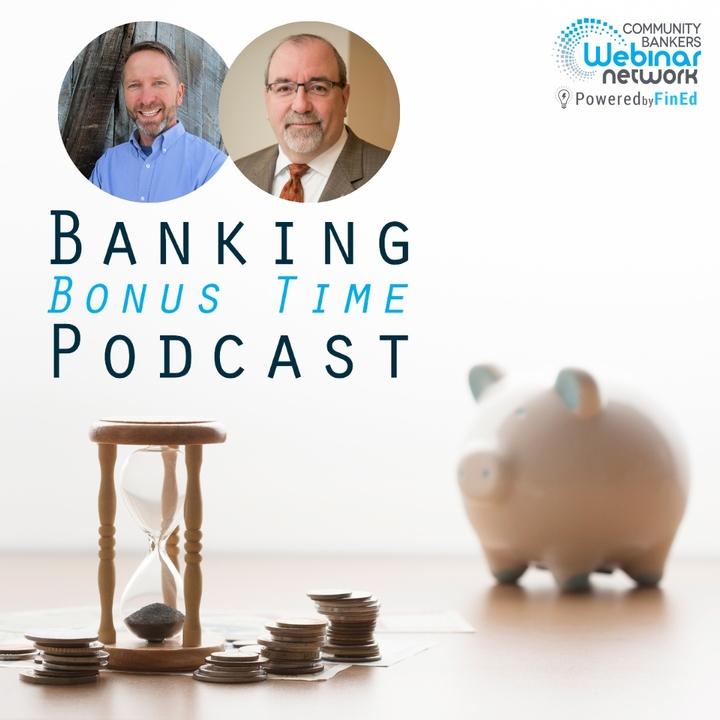
Head Teller Training: Four Principles of Management
Head Teller Training: Four Principles of Management
The essence of management is the ability to get work done by others. As an employee, you have a defined job and it is up to you to do the job to the best of your ability. You have little if any discretion or control over your co-workers. As a head teller, you have tasks and responsibilities and it is up to you to determine the best way to get things done using the human and other resources you have available to you.
Most business texts agree that there are four basic principles of management:
- Planning
- Influencing
- Facilitating
- Organizing
The first, and probably most important, is planning. Planning is the process of looking ahead, determining what needs to be done, and figuring out how to do it. Planning would include clarifying the purpose of what you are trying to accomplish (the “Why”), picturing what the end result will look like (the “What”), and then coming up with the action steps necessary to carry the plan out (the “How”).
What you do is important. Your ability to communicate and carry out the bank’s objectives makes a difference in the organization’s performance.
- Develop the goals for your teller line
- Measure the goals at least quarterly
- Report the goals and results to management and your team
- Identify the reasons for positive and negative variances to your goals
- Ask management for an incentive program for your teller line
An important part of the job is letting upper management know what account holders and employees are thinking and doing. The ability to communicate what is realistic and attainable can have an important and dramatic effect on future planning.
Influencing is probably the most challenging management principle. A head teller must be able to persuade and motivate team members to actively participate in accomplishing the objectives of the office and the organization. Influencing depends upon strong communication and people skills.
Facilitating. This principle of management is vital for continuous improvement to take place. Facilitating is composed of three steps:
- Measuring actual performance
- Comparing performance against a standard
- Taking action to correct deficiencies
When deficiencies and areas of improvement are identified, new plans can be drawn up and new objectives and action steps can be put in place to make changes.
Organizing is the process of assigning and allocating resources in the best way possible to achieve your objectives. Organizing typically includes assigning work to staff, determining the sequencing of workflow, and ensuring that the right tools and technologies are in place for people to do their jobs.
Purchase Molly's updated 2022 webinar, Head Teller Development: Improving Teller Performance, for more on teaching head tellers how to bring out the best in their team and themselves – increasing professionalism, productivity, and the bottom line.
Please contact us to purchase.
Read These Articles Next
Tess Bower
September 10, 2021
November 21, 2023
Nichol Phillips
April 17, 2025
© 2026 FINANCIAL EDUCATION & DEVELOPMENT, INC





